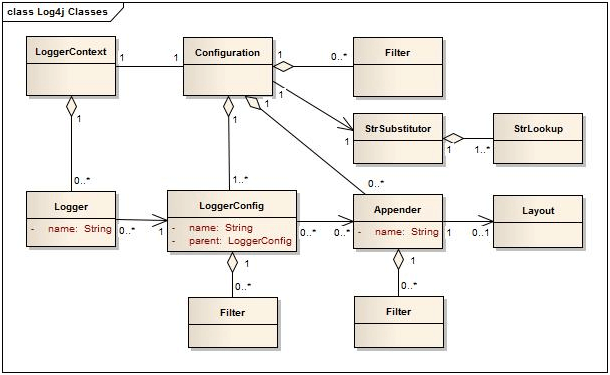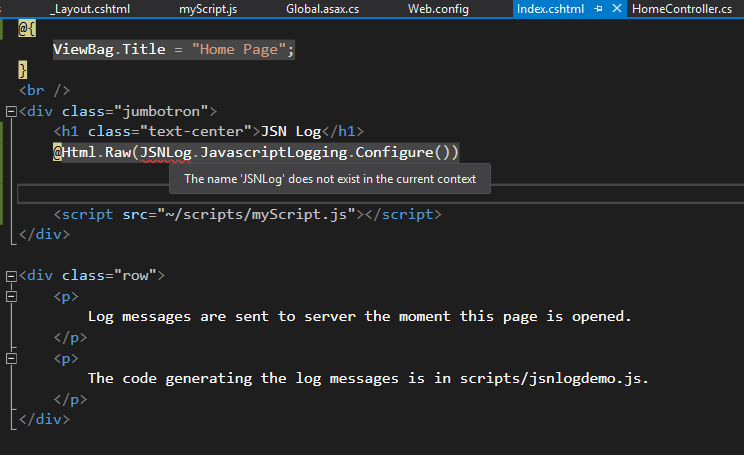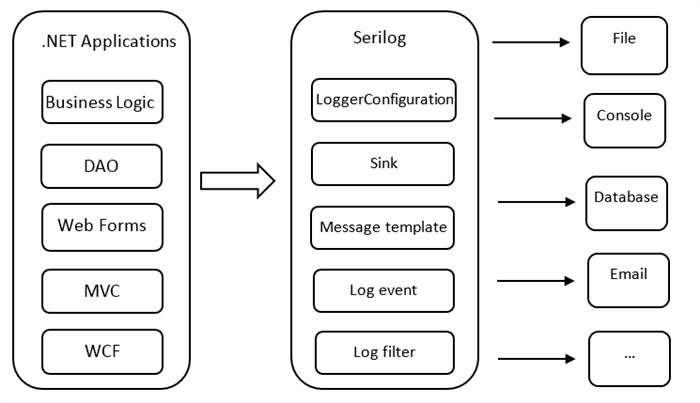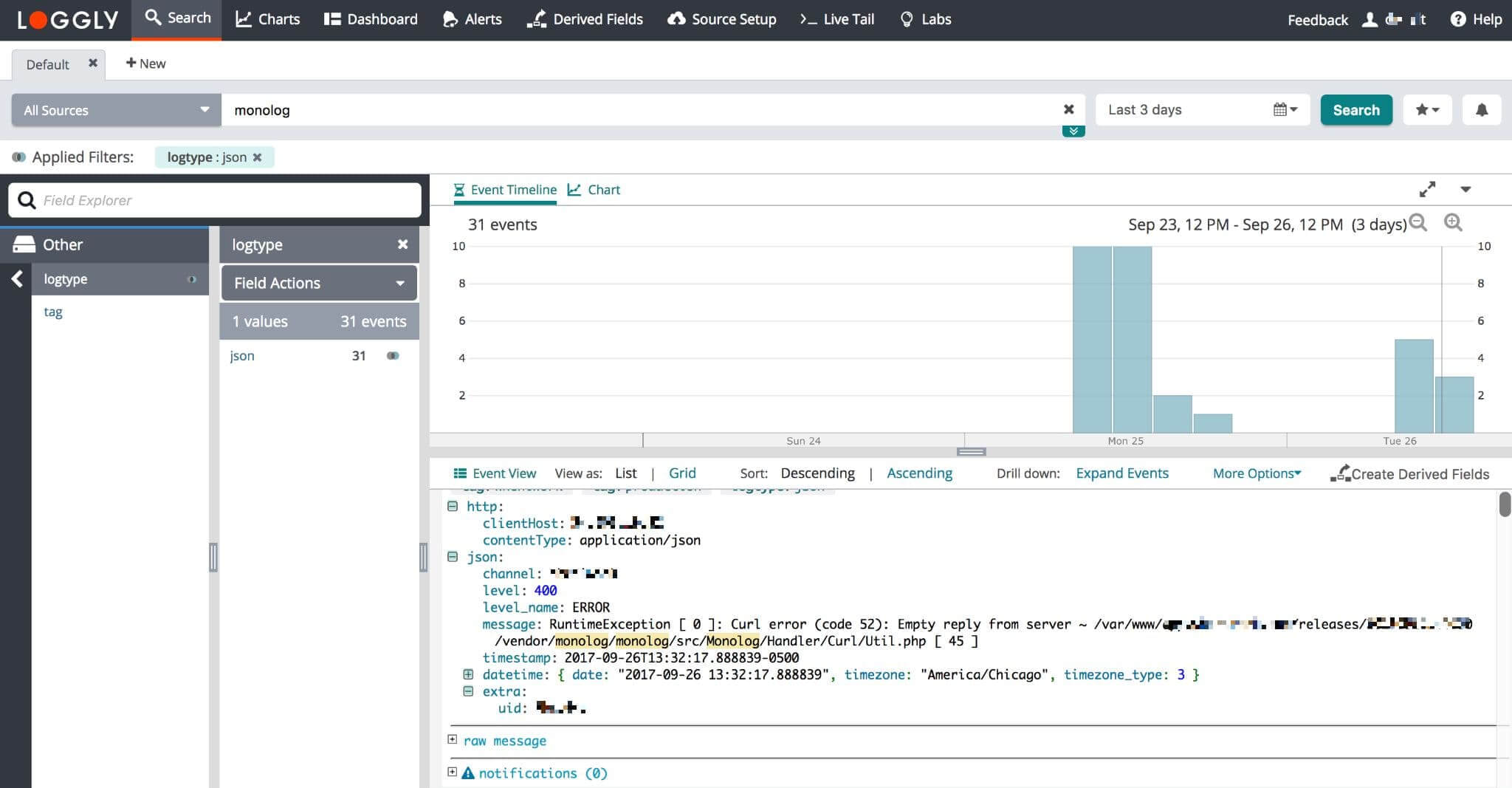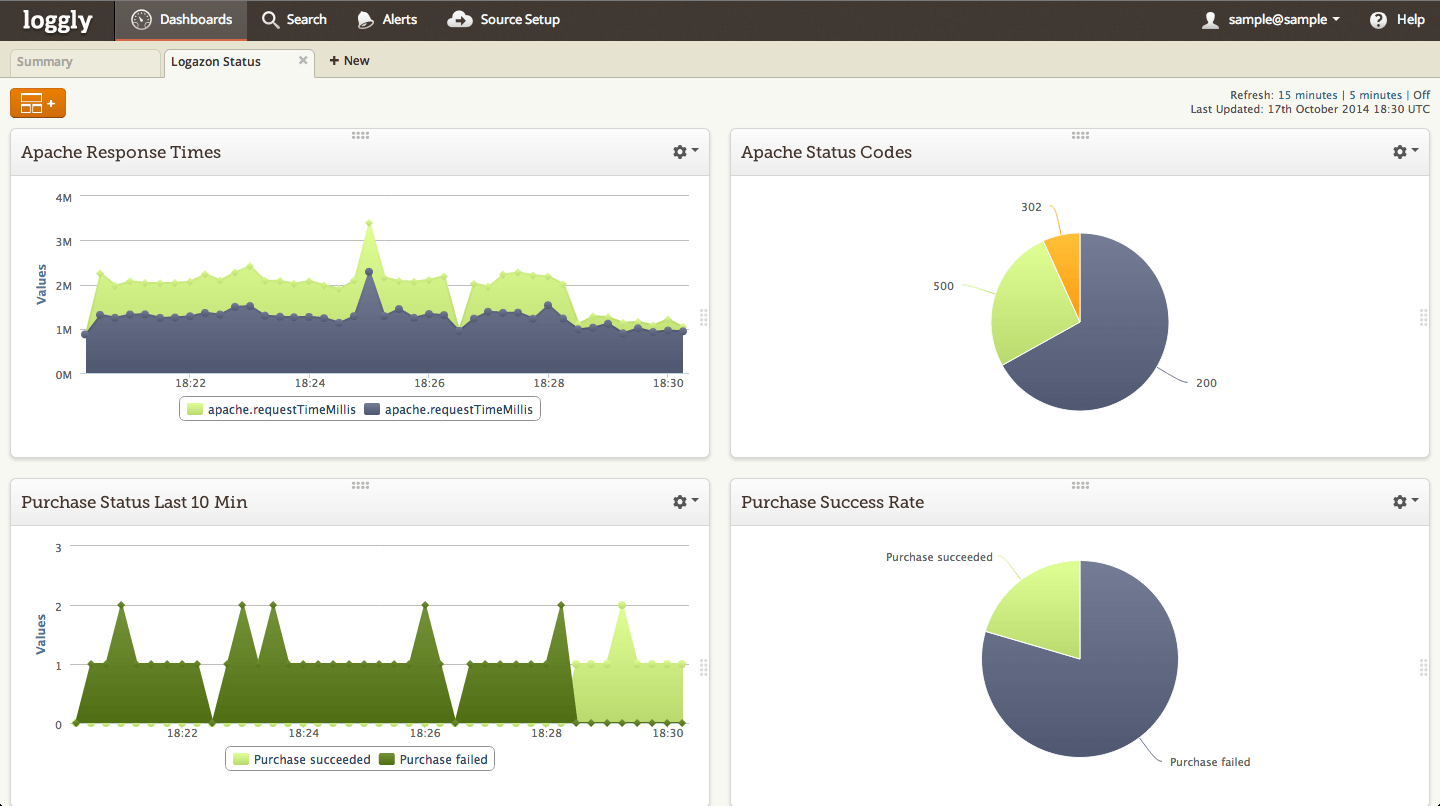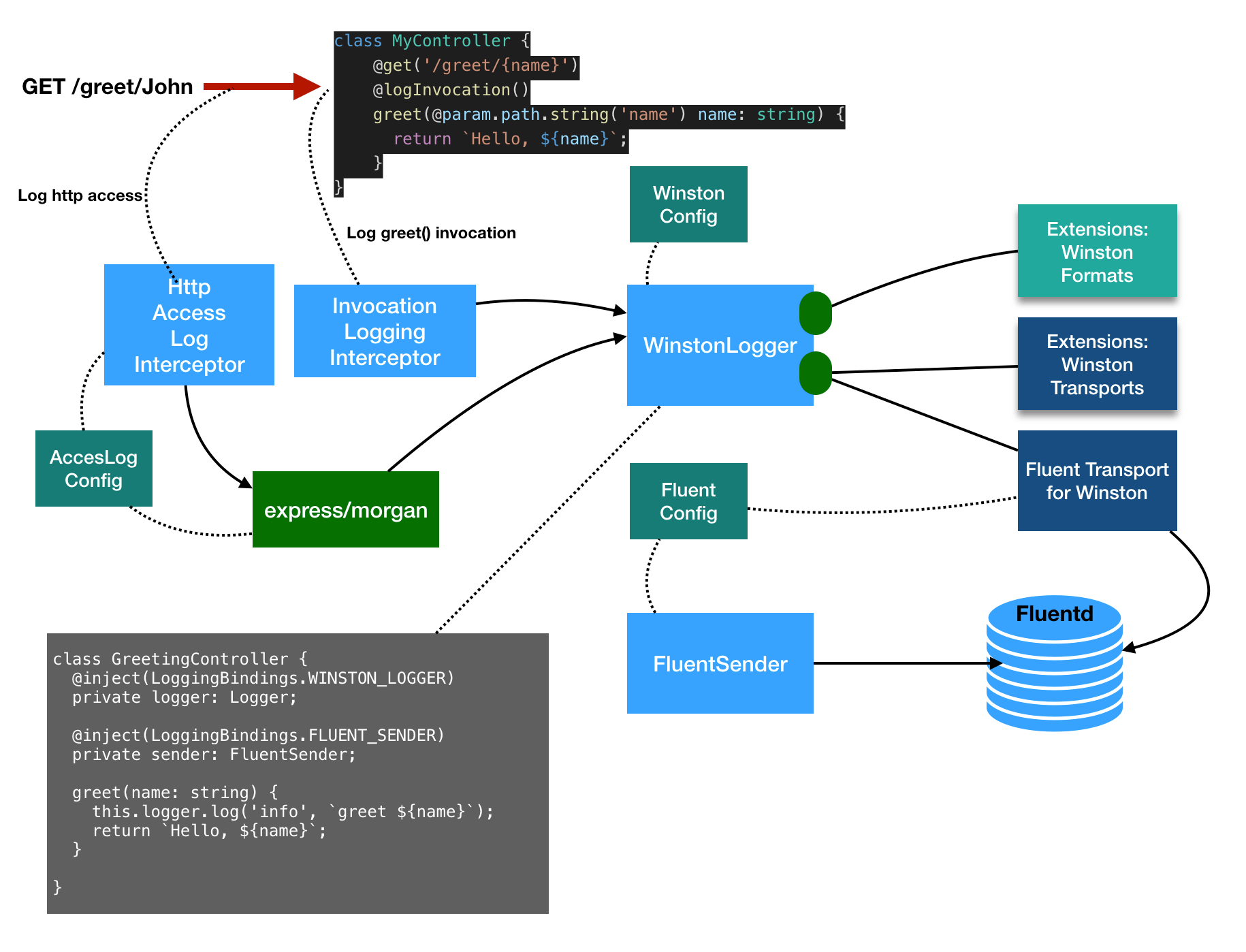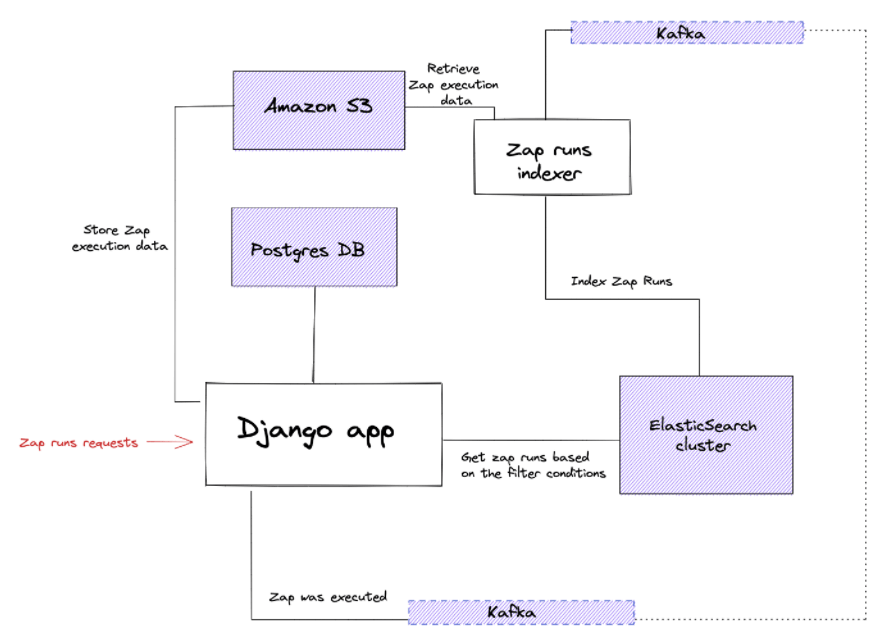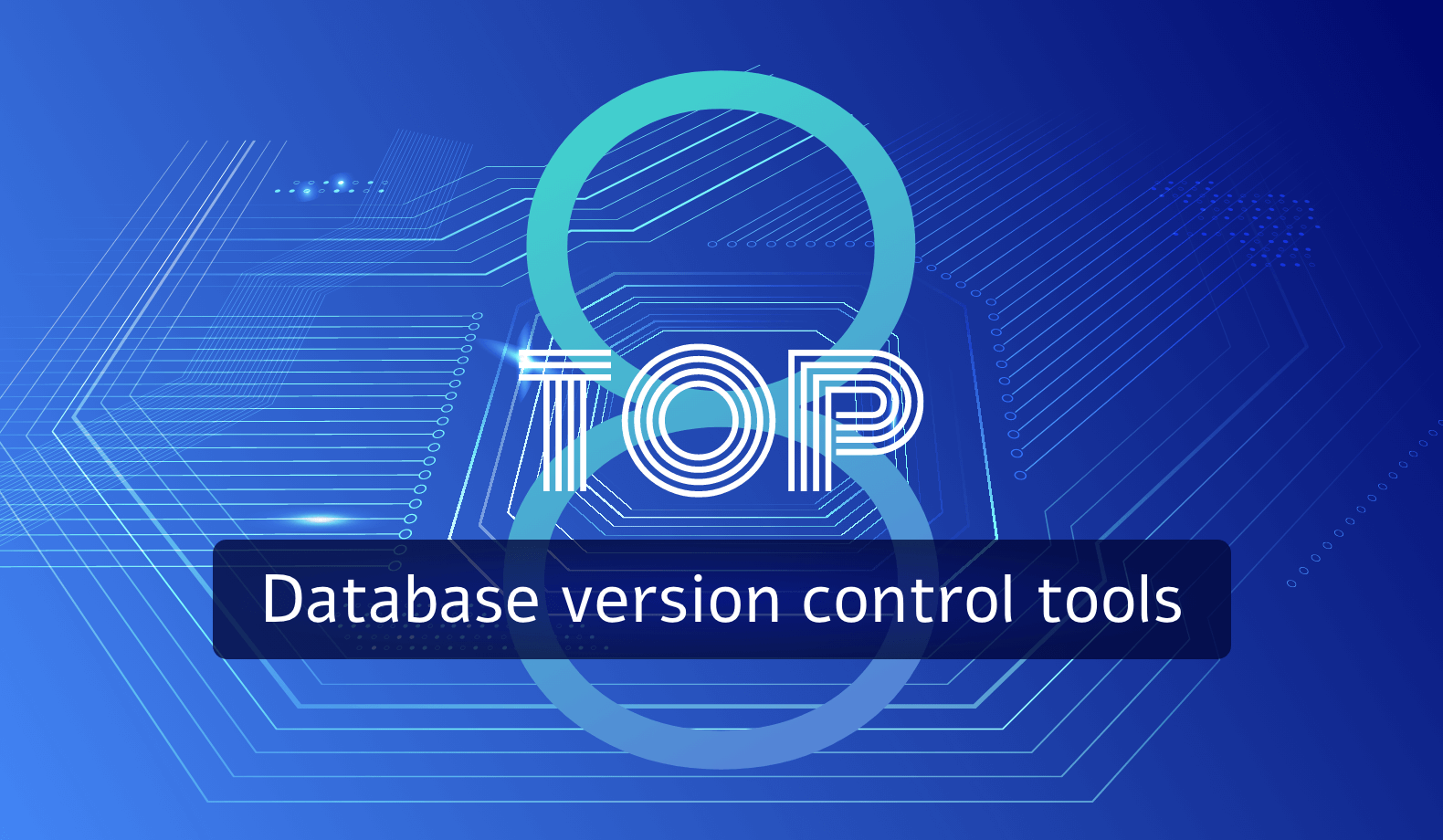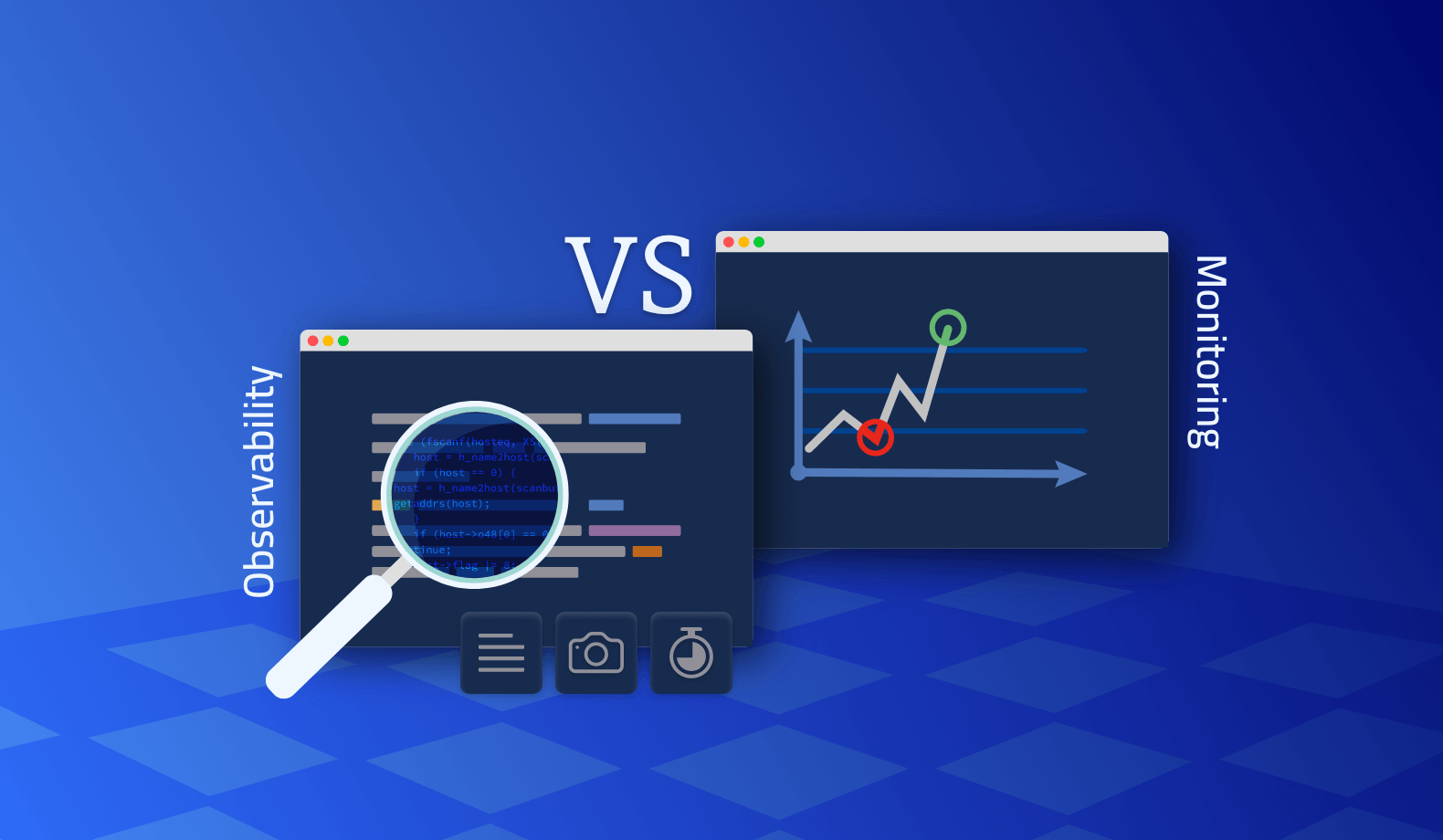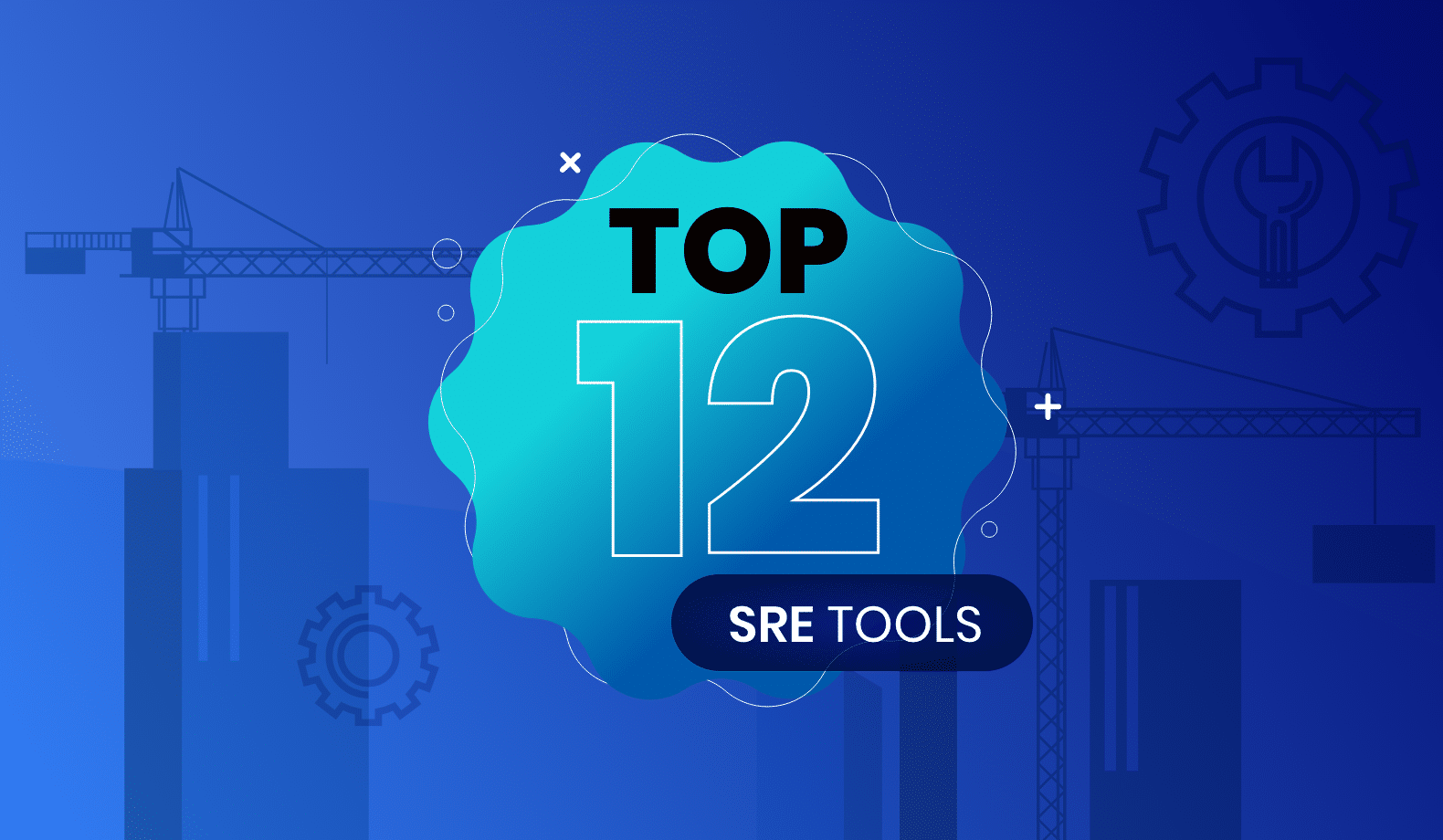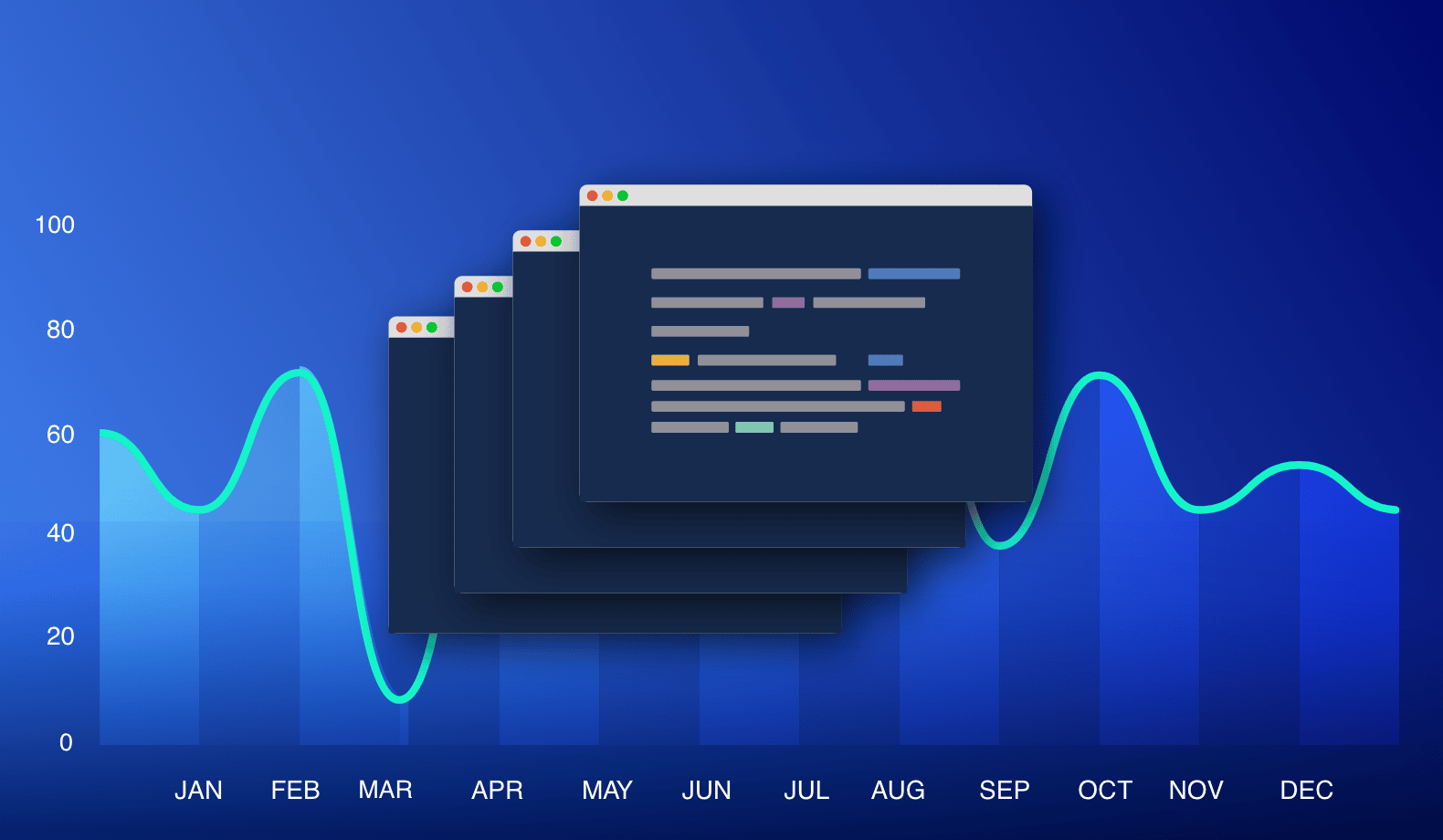

Top 10 Logging Frameworks Across Various Programming Platforms
A logging framework is a software tool that helps developers output diagnostic information during the execution of a program. This information is used to debug the program or monitor its performance. There are many different logging frameworks available, starting with simple logging libraries to full-fledged logging and observability platforms.
Logging is an essential part of coding guidelines for any software development project. From humble beginnings as console print messages and file logging libraries for basic debuggability, logging frameworks have now evolved into full-scale platforms offering a variety of advanced features. These include the ability to log to multiple destinations, custom log output formats, log analytics, and streaming.
Choosing the right logging framework for your application can be a difficult decision. On one hand, you would anyways need a logging library. However, depending on the complexity and scale of your application, you may need to invest in some advanced frameworks and platforms. This decision is further narrowed down by the choice of programming language or runtime environment.
In this post, we have analyzed the ten logging frameworks, across the major programming languages. The choice of frameworks is based on their logging capabilities, advanced features, and popularity across various developer community metrics.
Criteria For Analyzing Logging Frameworks
We have analyzed each of the logging frameworks based on the following parameters:
- First Release: Month and year of the first release of the framework
- Supported Programming Language/ Runtime: Programming languages or runtime environments supported by the framework.
- Pricing Model: Pricing information, including free, freemium, or paid options.
- Type of Framework (Library / Component / Platform): Classification of the framework into
- Library: Just a server-side / client-side logging library
- Component: Library along with additional tools and external integrations.
- Platform: Cloud hosted platform for log management and advanced observability tools.
- Advanced Features: Unique and advanced features supported by the framework beyond the essential logging mechanism.
- Popularity: Popularity of the framework based on the GitHub, Stack Overflow, and Twitter metrics.
The Contenders for Popular Logging Frameworks
So, let’s dig in and help you identify the best logging framework for your development needs.
1. Log4j 2
Among the different logging frameworks in Java, Log4j2 stands out as one of the best. It was released as a successor to the popular Log4j utility. Log4j2 is an Apache project and is widely used within the Java community.
| First Release | July 2014 |
| Supported Programming Language/ Runtime | Java, and JSR 223 scripting languages |
| Pricing Model | Free (Open Source). |
| Type of Framework (Library / Component / Platform) | Library |
| Advanced Features | It addresses the vulnerabilities in Log4J with a separate set of APIs, and also supports custom log levels, and lazy logging. |
| Popularity | It is hugely popular with over 2.8k GitHub stars and an active stream of questions on StackOverflow. |
2. JSNLog
JSNLog is a JavaScript logging utility for logging client-side events on the server-side. As a result, JSNLog makes it easy to debug JavaScript events, correlating with server events. JSNLog is open source and available on GitHub. It can run on browsers as well as the standalone mode of operation, with .NET and Node.js support on the server-side.
| First Release | December 2013 |
| Supported Programming Language/Runtime | .NET Core, Node.js |
| Pricing Model | Free (Open Source) |
| Type of Framework (Library / Component / Platform) | Component |
| Advanced Features | It supports logging of JavaScript client-side events, runtime errors and AJAX timeouts at the server, with batch logging and logging of objects. |
| Popularity | It is one of the earliest JavaScript logging libraries, but it is declining in popularity with not too many active threads of discussions on GitHub and StackOverflow |
3. Serilog
Serilog is one of the best .NET logging frameworks for structured and flexible logging. It is easy to set up with any .NET application and supports a lot of sinks for forwarding log output. It also integrates easily with a variety of different logging frameworks.
| First Release | July 2016 |
| Supported Programming Language / Runtime | .NET |
| Pricing Model | Free (Open Source) |
| Type of Framework (Library / Component / Platform) | Library |
| Advanced Features | It has support for its own internal debug logging and has a huge set of pre-built integrations with external databases, logging frameworks, and other collaboration tools. |
| Popularity | It is very popular with over 5k GitHub stars and an active stream of question threads on Stack Overflow. |
4. Monolog
Monolog is a logging library for PHP. It provides a simple and flexible way to log your PHP code to various destinations, such as log files, sockets, inboxes, databases, and web services. Monolog is available for both PHP 5 and 7. Monolog is packed with logging handlers for popular collaboration tools such as Slack, and databases like MongoDB. It is compatible with popular frameworks like Laravel, and Symfony.
| First Release | July 2013 |
| Supported Programming Language / Runtime | PHP |
| Pricing Model | Free (Open Source) |
| Type of Framework (Library / Component / Platform) | Component |
| Advanced Features | It supports PSR-3 logging standards, and integrations for popular software, and web services. |
| Popularity | Hugely popular with over 19k stars on GitHub. |
5. Loggly
Loggly is a cloud-based log management service that provides real-time visibility of a system’s activity. It supports the ability to search, filter, and analyze log data to identify trends and troubleshoot issues. Loggly also offers alerting, dashboards, and integration with popular monitoring tools.
| First Release | September 2012 |
| Supported Programming Language / Runtime | Supports almost all the mainstream languages such as PHP, Java, C++, Python, and more. |
| Pricing Model | Freemium with $79/month as starting price |
| Type of Framework (Library / Component / Platform) | Platform |
| Advanced Features | It supports DevOps integration for infrastructure monitoring, and an extensive set of tools for log analysis |
| Popularity | Quite a popular platform with an active stream of discussions on Stack Overflow and has over 7k followers on Twitter. |
6. Winston
Winston is a widely used Node.js logging framework. It provides support for multiple transport mechanisms, including the console, files, HTTP, and various third-party services. Winston has been designed to be a simple and universal logging library with standardized logging levels, and support for custom levels. Winston is open source software released under the MIT license.
| First Release | June, 2020 |
| Supported Programming Language / Runtime | Node.js |
| Pricing Model | Free (Open Source) |
| Type of Framework (Library / Component / Platform) | Library |
| Advanced Features | It supports multiple transports for streaming log messages to external applications, and log querying. |
| Popularity | It is a new library but has amassed huge popularity with over 18k stars on GitHub |
7. Pino
Pino is yet another logging library for Node.js applications. Pino supports integration with popular Node.js web frameworks, such as Express.js, Fastify, Koa, and more. Pino has low overhead and claims to be 5x faster than other alternatives.
| First Release | March, 2016 |
| Supported Programming Language / Runtime | Node.js |
| Pricing Model | Free (Open Source) |
| Type of Framework (Library / Component / Platform) | Component |
| Advanced Features | It has direct integrations with popular Node.js web frameworks and supports pretty-printing and asynchronous logging. |
| Popularity | It is a popular choice for Node.js logging with over 9k stars on GitHub. |
8. Zap
Zap is a powerful logging tool for Golang. It is one of the most performant logging options for Golang that can track and monitor your applications. It is easy to set up and is extendable to support external log sinks such as Apache Kafka.
| First Release | February, 2017 |
| Supported Programming Language / Runtime | Golang |
| Pricing Model | Free (Open Source) |
| Type of Framework (Library / Component / Platform) | Library |
| Advanced Features | It supports both structured logging and the normal leveled logging, with extension library to support other log sinks. |
| Popularity | Very popular Golang logging library with nearly 16k stars on GitHub |
Real-time, Dynamic Logging
If you are looking for a non-intrusive way to add logs to your application, Lightrun is your choice. It is an observability platform that can inject logs, traces and metrics in a running application, in real-time, without altering a single line of source code.
Lightrun is designed to be a developer-native platform from the ground up. Be it a production, staging or a development environment, developers can leverage the Lightrun IDE plugins to gain valuable insights about the application performance right within their IDE workflow. Lightrun currently supports Java, Python and Node.js. You can start using Lightrun today.
It’s Really not that Complicated.
You can actually understand what’s going on inside your live applications.


